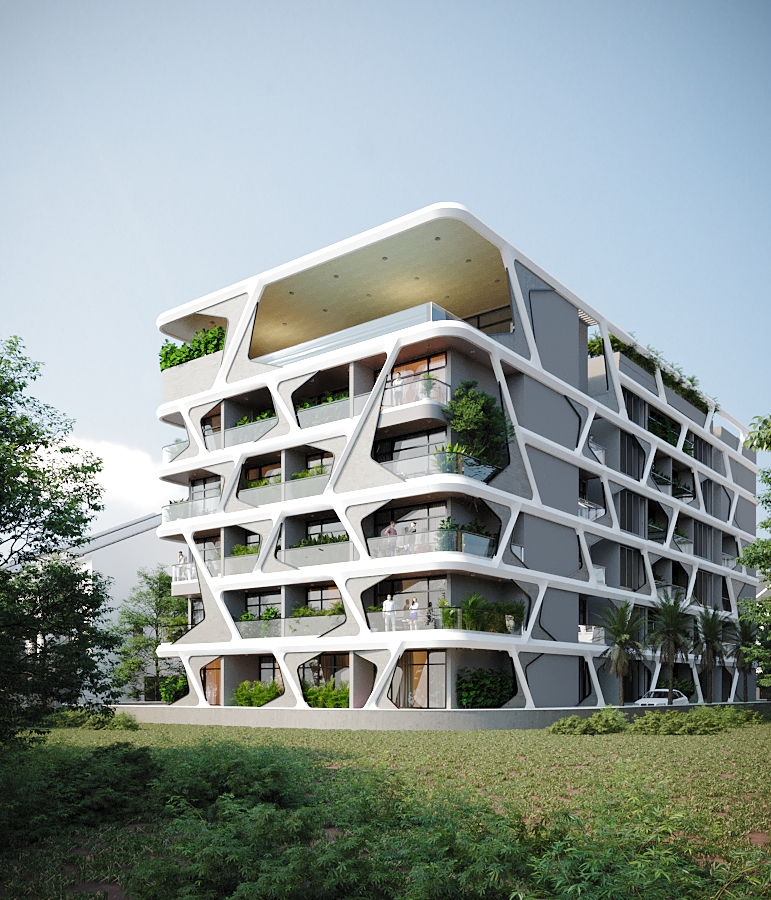By the end of this decade, the world could see a 25% increase in remote digital jobs, according to the World Economic Forum report, Realizing the Potential of Global Digital Jobs. But the big question is, where will these workers be based?
Remote work is reshaping how people live and work, creating opportunities for countries like Ghana and others across Africa to attract digital nomads, freelancers, and remote employees. With the right infrastructure, Africa could position itself as a top destination for remote workers, leading to significant implications for industries like real estate.
How Remote Work Impacts Real Estate in Ghana and Africa
- Demand for Modern Housing:
Remote workers seek comfortable, tech-enabled living spaces. Properties with high-speed internet, quiet workspaces, and modern amenities are becoming prime real estate for this demographic. - Opportunities in Smaller Cities:
With remote work, employees no longer need to live in crowded urban centres. Smaller cities and towns in Ghana could see a surge in demand for affordable, quality housing as remote workers look for serene environments. - Growth in Co-Living Spaces:
Co-living and shared housing models are on the rise, catering to freelancers and digital nomads who value community and cost-sharing. Ghana’s real estate market could benefit from developing these innovative housing solutions. - Shift in Commercial Spaces:
With remote work reducing the need for traditional office spaces, developers can repurpose commercial buildings into residential units or hybrid workspaces that combine living and working areas.
A Growing Opportunity for Ghana
Ghana’s vibrant culture, affordable cost of living, and improving tech infrastructure make it a potential hotspot for remote workers. Cities like Accra and Kumasi can capitalize on this trend by:
- Promoting real estate projects designed for remote workers.
- Developing sustainable housing with reliable electricity and internet.
- Creating eco-friendly and community-centred living environments.
Interesting Stats
- By 2030, it’s estimated that 1 in 4 jobs worldwide will be remote.
- Africa’s digital economy is projected to contribute $180 billion by 2025 and grow to $712 billion by 2050 (World Bank).
What Does This Mean for Real Estate Investors?
Real estate developers in Ghana and across Africa should start adapting their projects to cater to the new needs of remote workers. Building smarter homes, co-living spaces, and hybrid workspaces will be key to attracting this growing market.
Remote work isn’t just a trend—it’s a transformation opening up exciting opportunities for Ghana and Africa. The future of work could very well redefine the real estate industry.
Are you ready to make the most of it?










